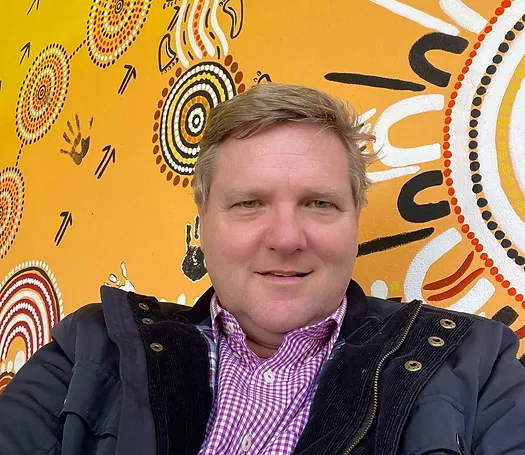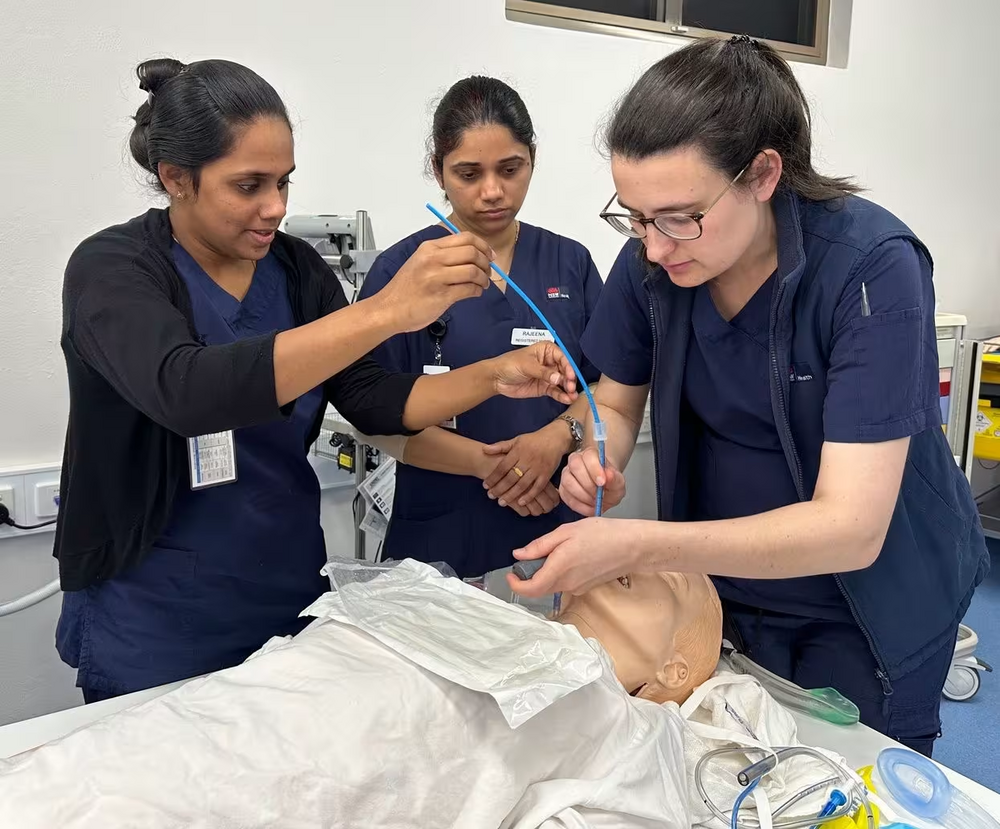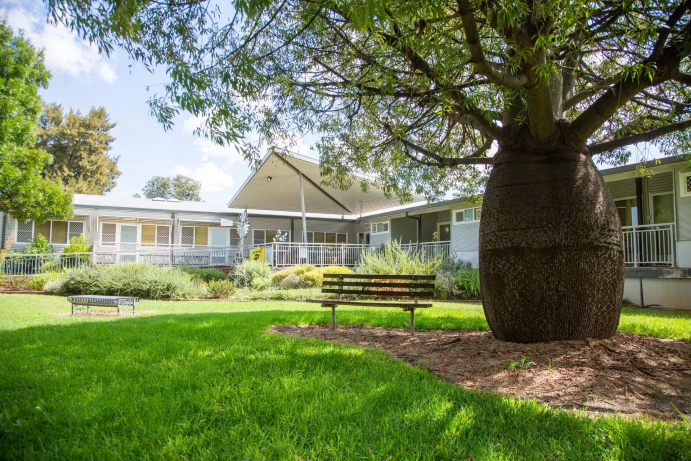"The shocking reasons" nurses are leaving rural posts
Luke Williams
28 May 2024, 9:20 PM
 Image: Shepparton news
Image: Shepparton news Nurses in rural and regional Australia are "burned out", "harassed", "bullied" and work in a "culture of fear" a western NSW health boss has claimed.
Mark Burdack is the CEO of Collarenebri-headquartered Healthy Communities Foundation Australia (formerly Rural and Remote Medical Services).
Rural and Remote Medical Services was formed in 2001 by a group of concerned rural GPs and communities in north-western NSW that were experiencing challenges maintaining local health and hospital services.
Health Workforce Australia research shows that, due to the ageing workforce and the greater health needs because people are living longer, there could be a shortfall of more than 100,000 nurses by 2025, and 123,000 by 2030.

Mark Burdack. Image: Supplied.
While figures from the Western NSW Local Health District shows a heavy reliance of agency nurses across the region – with the costs of agency nurses jumping from $6 million to $37 million over than period.
Mr Burdack said "NSW nurses and health workers are heading for the exits as an epidemic of bullying, harassment and violence takes hold in the hospital system"
He notes a NSW Health employee survey, which had 81,815 respondents, found 16 per cent of respondents claimed to have experienced bullying, with more than 33,500 NSW Health employees have also claimed they are burnt out.
"The 2023 NSW Inquiry into Rural, Remote and Regional Health also found a 'culture of fear' among healthcare staff around speaking out" Mr Burdack said.
He said that work culture is the "single most important reason why nurses and other health workers are leaving the health system" and says that rather than providing financial incentives the government should hone in on the concept of vocation.
A vocation is "meaningful work" he said "A vocation is an occupation that one feels compelled to engage in on a personal level."

Image: Supplied.
He said the government needs to focus on helping health workers self-actualise and flourish by making their profession a "vocation".
"Things like incentives, housing and other monetary changes sound like solutions, but we know from the last 20 years that increasing incentives and other rewards is a temporary solution at best, and only increases the price of health care to taxpayers.
"The challenge for the NSW Premier is to take this word ‘vocation’, and turn it into a mantra for fundamental reform of public and health services".

Gilgandra multi-purpose service. Image: Supplied.
It comes as the Minister for Regional Health Ryan Park released a statement saying "rural health worker recruitments and retentions have surged by one fifth in just the last six months of 2024, after the NSW Government doubled the support available under the Rural Health Workforce Incentive Scheme, from $10,000 to $20,000".
He said one of those who had taken up the scheme was Soumya Baby a registered nurse at Gilgandra Multi-Purpose Service, who relocated from New Zealand to Gilgandra with her family through the NSW Rural Health Workforce Incentive Scheme in November 2023.



